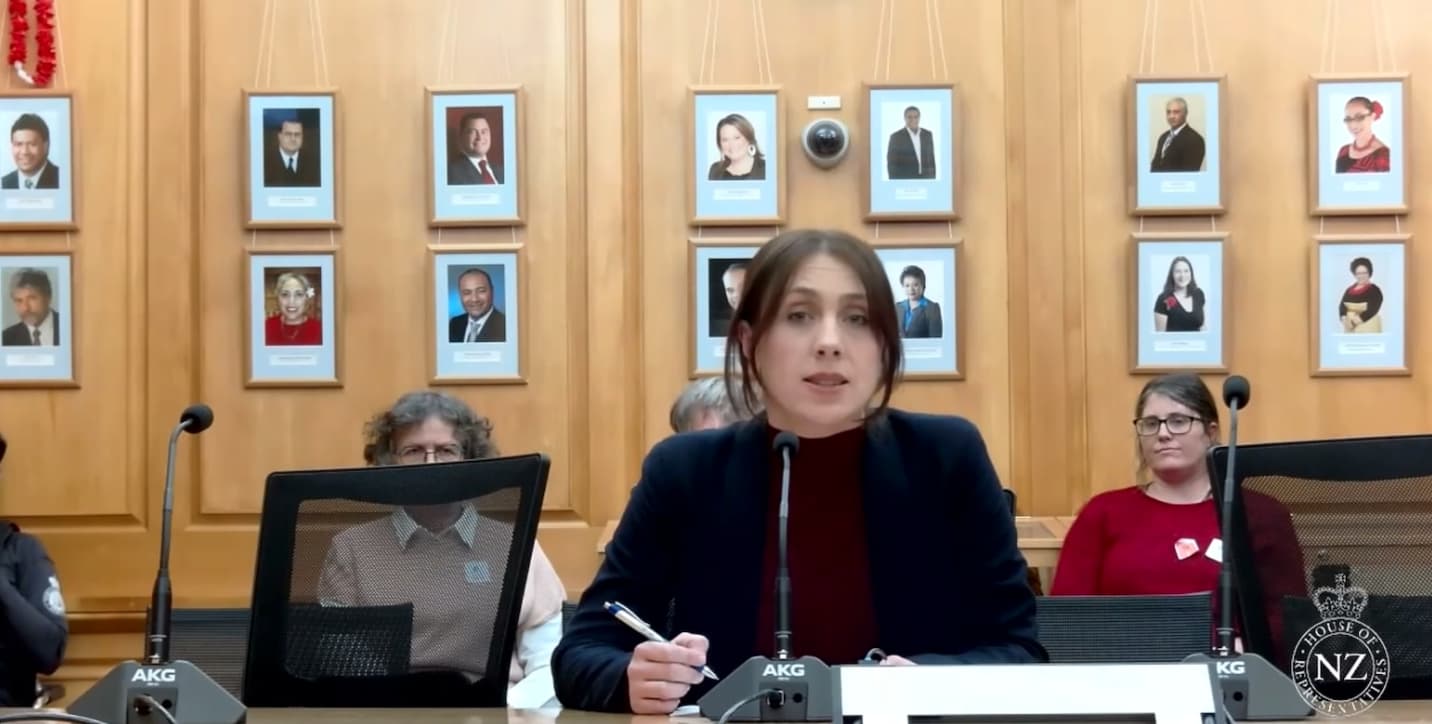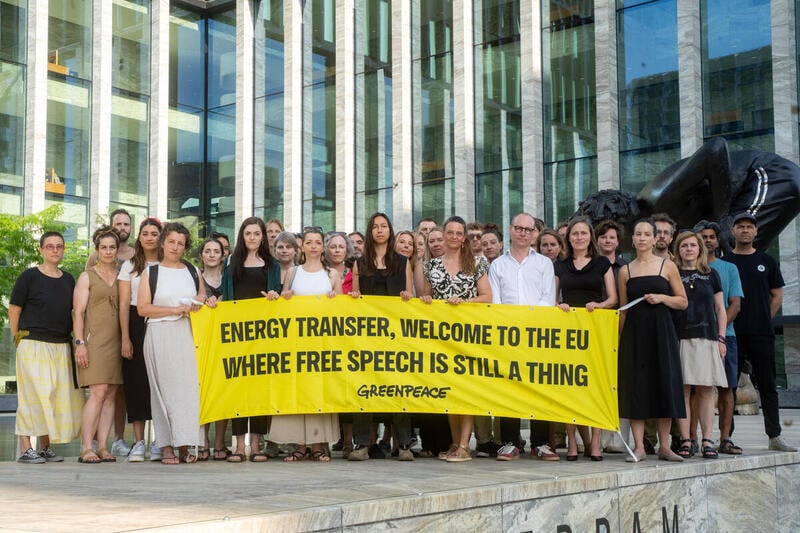Climate change demands that we change our governing institutional arrangements in profound ways. We need climate institutions with a focus on our agreed long term emission reduction targets, and with the tools to ensure that these goals are not sacrificed to short term political pressure. There isn’t much point if the proposed Climate Commission is just another advisory group.
There are analogies between the Climate Commission and the introduction of the independent Reserve Bank. The Reserve Bank was an institutional response to the perceived long term problem of inflation and financial stability. It was given the teeth to act independently from short term political pressures. If climate change is as great a threat as inflation – and it is more so – then the Climate Commission needs to be at least this ambitious.
We need an independent Climate Commission with real tools to influence emissions, and not just issue guidance. It needs to be able to independently influence the price of carbon as a critical way to reduce emissions. Without teeth, the Commission will be left issuing report after report, and Governments – facing short term political pressure – can ignore them.
Carbon prices matter
Carbon pricing is very important to decarbonising the economy. Government can and must introduce specific policies to reduce emissions in particular sectors, but price influences every single decision every business and consumer makes every day of the year. However it only works if the price is high enough and broad enough in its application.
Politics of carbon pricing are difficult
It’s very difficult for governments to resist short term pressures to keep carbon prices low, even though everybody is opposed to the long term effect of low carbon prices, which is catastrophic climate change. Governments will be loathe to increase carbon prices significantly to meet the carbon targets scientists say we need to reach – just look at the recent controversy over petrol prices. That’s why we need an independent body that can influence the price of carbon.
The same happens with the Reserve Bank. At times the Bank needs to act independently in ways that are not popular in the short term, in order to achieve longer term goals of financial stability and low inflation. Would Government have introduced minimum housing loan deposits to attempt to protect financial stability? Unlikely. Likewise, it’s not popular when the Reserve Bank increases the Official Cash Rate in an attempt to control inflation.
The Climate Commission must have the power to independently influence the price of carbon, just like the Reserve Bank can independently influence the price of money.
Climate Commission and the ETS
A simple but powerful tool we could give the Commission is the power to change the ratio between ETS units and carbon emissions. The previous Government showed how this ratio can be changed in order to influence the impact of the ETS on the New Zealand economy with its two for one scheme.
With this tool, if New Zealand emissions were too high and we were not meeting the carbon budgets, then the Climate Commission would have the power to change the ratio away from 1:1. For example, if the ratio was changed to 1 ETS unit for 0.8 units of carbon pollution, this would mean that for every unit of pollution emitters would need to surrender more than one ETS unit. This would both increase the cost of emissions to the individual polluting source, and increase the broader demand for ETS units, driving the price of carbon up across the economy. The previous Government did this in reverse after the Global Financial Crisis, where they introduced a 2:1 ratio – which meant for each unit of carbon pollution you only needed to surrender half an ETS unit, dropping demand for ETS units and therefore the price.
Parliament could also give the Climate Commission power to control the speed of entry of agriculture and other sectors currently protected from the full effects of the ETS. Every sector brought in would increase the overall demand for ETS units, driving up the carbon price across the economy as well as for those sectors.
Finally, the Commission could have the power to decide about how open or closed the New Zealand ETS market is to other carbon markets, which would have a big impact on prices.
Other policies
New Zealand’s response to climate change won’t just come down to a Climate Commission. We also need other targeted Government policies across a range of areas from transport, to energy, to agriculture and more. While the Climate Commission should be free to offer advice in these areas, they should still remain within the power of Government. Crucially, as a country we must ensure that any transitions we take to tackle climate change are just and fair, to protect the people that work in the industries that will be changing the most.
Secondary impact on Government policies
Giving the Climate Commission these tools will also have a secondary influence on Government behaviour. If the Government doesn’t do enough to meet carbon budgets, then the Climate Commission will step in to push up carbon prices, which won’t make the Government look good. This happens currently with the Reserve Bank, where the threat is that if the Government borrows too much to stimulate economic activity, then the Reserve Bank will increase interest rates to try to dampen economic activity and control inflation, and this won’t be popular.
Now is the time for ambitious institutional reform to face the greatest challenge of our generation – climate change. Let’s not waste that reform energy in another climate talk shop. Our generation’s climate legacy should be an institution with real power to cut emissions. It’s crucial that our Climate Commission has teeth.

Join our call on the New Zealand Government to make climate crisis its nuclear free moment by taking the climate emergency seriously, with real action now.
Take Action


